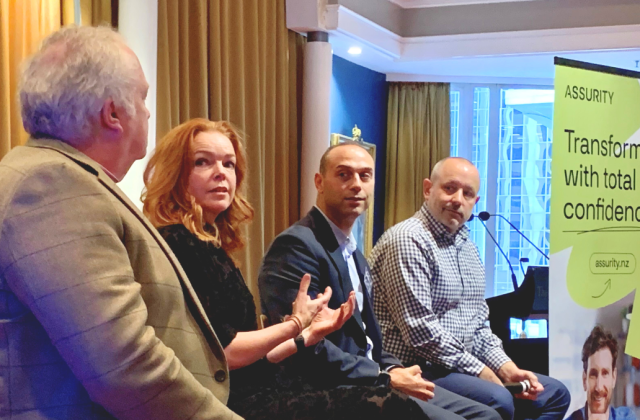Date: 09 December 2019
What is Cloud Foundry (CF) and what is Pivotal Cloud Foundry (PCF)? In modern software development, utilising a cloud platform seems to be unavoidable. Cloud platforms vary from those that are in use on a daily basis by almost everyone in a company, such as Confluence which might contain useful information about the company and would be used by everyone, to the cloud platforms used for developing various software solutions for the company.
As a software engineer, I spend quite a large portion of my time on various cloud platforms targeted at supporting the development of software solutions. Recently, I came across Cloud Foundry and found this to be quite an interesting offering in terms of the Infrastructure as a Service (IaaS) and Platform as a Service (PaaS)-type cloud platform providers.
In the earlier stage of the cloud computing world, cloud computing was usually classified into the following three categories:
- Infrastructure as a Service (IaaS) which provides base infrastructures such as Virtual machines, networking etc. The end user is responsible for setting up and configuring the environment onto these base infrastructures. Amazon AWS and Microsoft Azure are iconic examples of IaaS
- Platform as a Service (PaaS) which offers the user a ready-to-use running environment. The user only needs to focus on their product development and the platform will handle the environment and infrastructures for them. Cloud Foundry is a vital player in this vertical
- Software as a Service (SaaS) with examples that are very familiar to most of us, such as Gmail, Dropbox and others
However, the game always changes. IaaS players started to offering PaaS products, like Azure Website, AWS Beanstalk etc. So why use Cloud Foundry if Azure and AWS offer similar products?
Support equals success
Often, one of the main driving forces behind choosing a particular technology is also looking at the community support since the community behind a technology often significantly contributes to its success. Compared to AWS and Azure, the community of Pivotal Software (which owns Cloud Foundry) is relatively small, which we can also observe from comparing the available services on the marketplaces respectively. This might make some companies quite reluctant to make the investment into Cloud Foundry since it might seem like a risky decision to make. But rest assured, quite a number of large Fortune 500 companies have thrown their weight behind Cloud Foundry – and at Assurity we also find it to be a useful tool in our DevOps toolbox. Let’s take a look at why Cloud Foundry might offer a good choice when looking at a cloud platform.
There are several scenarios where Cloud Foundry would offer a better fit than AWS or Azure.
- First, Cloud Foundry is suited for the company that wants to establish their own private cloud regardless of factors such as cost, security, compliance and so forth
- Secondly, Cloud Foundry provides the ability for the company that doesn’t want to stick with one IaaS platform to migrate their infrastructures easily and flawlessly in the future
Unlike most other cloud platform services which are bound to a particular cloud provider, Cloud Foundry gives you the freedom to choose which technology controls the underlying infrastructure. Cloud Foundry can be deployed on AWS, Azure and GCP with these being prime IaaS (Infrastructure as a Service) cloud providers.
You can also host it on your own physical servers. But if you don’t want to have the hassle and responsibility that comes with managing your own infrastructure, you can always explore Pivotal Cloud Foundry. Pivotal Cloud Foundry (PCF) is a managed service instance of Cloud Foundry and it is offered as a solution by Pivotal Software. Cloud Foundry was originally developed in-house by VMware but is now owned by Pivotal Software.
To explore how to use Cloud Foundry, I recommend that you sign up for a free trial account of Pivotal Cloud Foundry here. This gives you a quick and painless way of exploring the capabilities of Cloud Foundry without having to invest in your own infrastructure.
The best way to learn a new technology is to practise using it. We’ve prepared a step-by-step guideline to help you publish a sample .net web application to Cloud Foundry via Concourse – also a Pivotal product.
Download your free guide to exploring Cloud Foundry and Concourse at Cloud-Foundry












